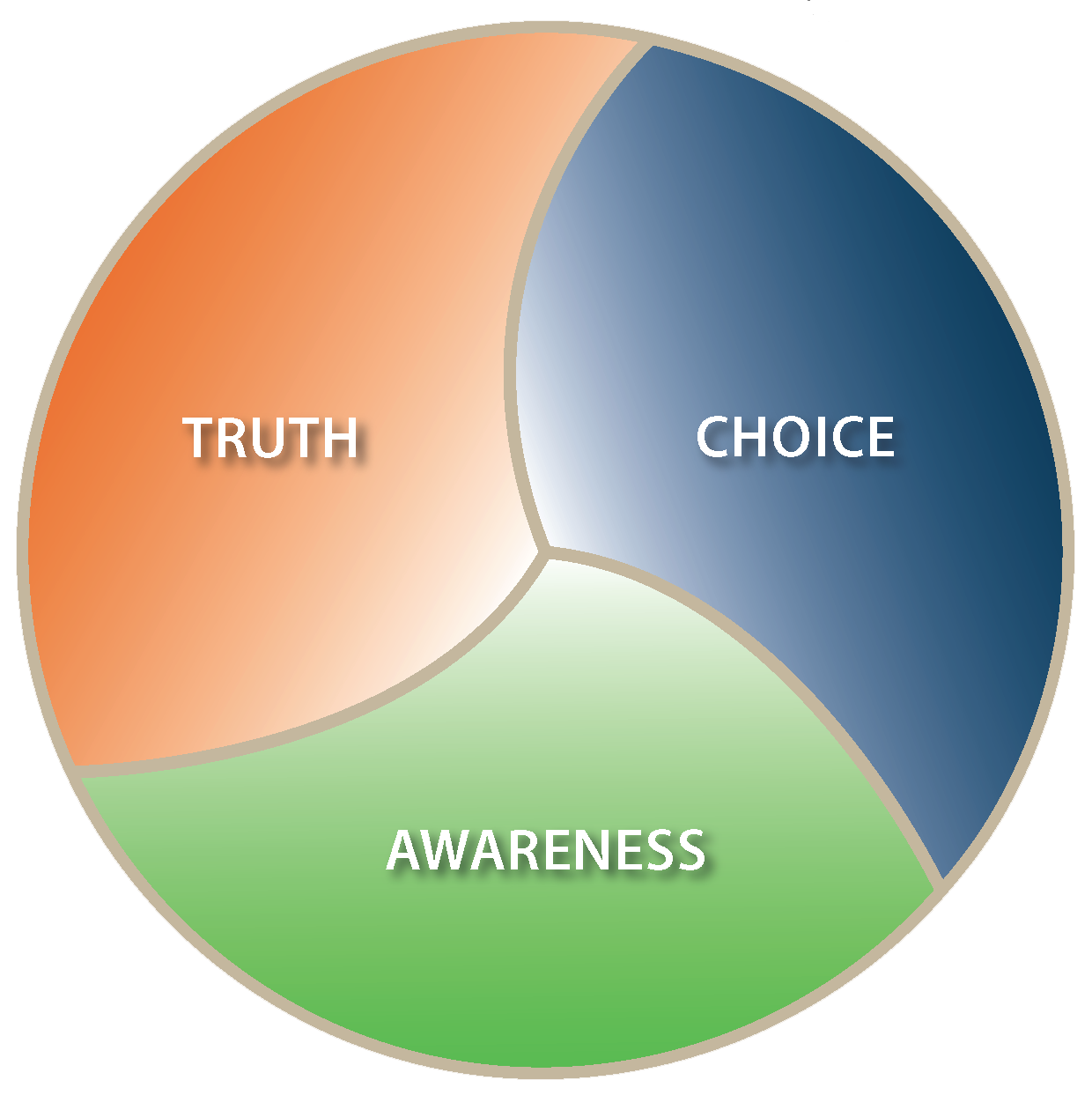It is THE element of training.
“The human element is not an element of training.
It is THE element of training.
Everything else is secondary.
You can pull something off YouTube or you can copy and paste from google, but that ain’t the real stuff.
In fact, it doesn’t get more phony than that.”
-Ray Zingler on X
Its truly ashame how undervalued real training is.
Training isn’t about the program, the set and rep schemes, or really even the philosophy behind it.
Obviously those are components of training but I’ll tell you this:
5/3/1 and Sheiko programs both work.
3×10 and 4×12 both build muscle.
And not using Olympic lifts and using Olympic lifts may be detrimental to some and beneficial to others.
The stuff matters, but it “doesn’t” (unless you’re trying your best to win an argument on Strength Coach Twitter).
What actually matters more than any of the above is the human element. The actual humans who are doing the program, sets and reps, and buying in (or out) of your philosophy.
Many coaches view training in a binary sense.
Do this and get that in return.
This would be a fine strategy if humans were robots, but I’ve worked with a lot of them and have yet to come across a robot.
Copy and paste training doesn’t work.
Getting a random human to come in and write stuff on a white board or shout out exercises and buzz words for humans to perform isn’t coaching.
It might be prescribing, but prescribing isn’t coaching. If the prescription doesn’t resonate with the human being you’re prescribing it to, getting the most out of them is impossible.
Sure, they can “do the exercise” and it may come with some inherent physiological benefit, but if getting baseline, surface level benefits for athletes who devote an immense amount of time to you and your program is your objective, coaching probably isn’t for you.
The reason the human element is THE element of training is because the training is about them. The people.
It is your job as a coach to learn about them, get to know them, find out ways to best reach and service them. What is their preferred way of “getting the message”? Can you adjust your coaching style to meet them where they’re at?
Remember, the athlete is the infinitely more valuable person in the equation because if the athlete doesn’t exist, the need for “coach” doesn’t exist.
If you’re going to coach, actually coach.
Random workouts and random bro’s isn’t the way.
It will never be the way.
Give ‘em the real stuff.



